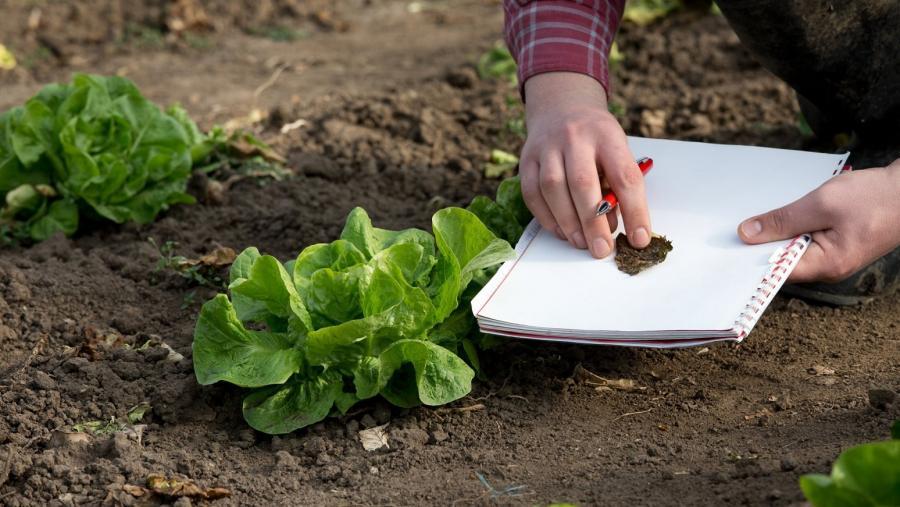Organic production, the energy that moves Campus Terra

When you were a child, you probably held a toy windmill in your hand at least once, and blew and blew to make it spin. Or perhaps you blew soap bubbles and would fill your mouth with air to expel it with all your might and make huge ones that would fly far.
This is how Campus Terra moves, but instead of using wind energy, it is driven by ecology and sustainability. One of its recent stimuli is the new agreement signed between the USC and the Regulatory Council of Organic Agriculture of Galicia (CRAEGA), through which both parties will collaborate in the development of dissemination, advice and training programmes for technical and research staff.
During their meeting in Lugo, the dean of the USC, Antonio López Díaz, and the president of CRAEGA, Francisco López Valladares, set their main objective: to create a general action framework between the two entities. Its application will help promote organic production in Galicia, through the development of cultural, pedagogical, scientific and R&D activities.
A joint commission —made up of the director of the School of Engineering of the Lugo campus, Tomás Cuesta, and the secretary of the CRAEGA, Javier García Lozano— will be in charge of monitoring its operations for at least four years, although the agreement may be extended with the express agreement of both parties.
Ecology is what moves Campus Terra — now, CRAEGA does, too! This entity already enjoys 32,055 hectares of land dedicated to this type of production, which represents an increase of 126% over the last decade. More than half of them (52.6%) are in the province of Lugo.
The joint efforts of both institutions gives momentum to USC students, who will be able to do internships in the companies attached to the Regulatory Council of Ecological Agriculture of Galicia. In addition, the agreement will allow Campus Terra to continue to move forward in the promotion of the primary sector, while also encouraging innovation and the modernisation of production.
